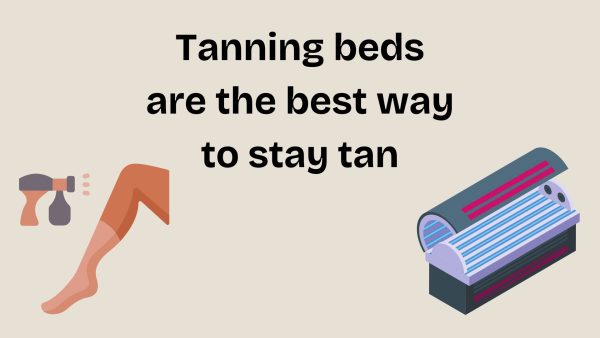Extensive use of Photoshop in magazines and the media on models and celebrities has increased feelings of inadequacy among readers
Longer legs, fuller lips, a flatter stomach: all of this can be obtained by anyone. In only 37 seconds, anyone can become their ideal image, just consult Photoshop.
Being able to look like Barbie may sound like a dream, but the emphasis placed on people to be beautiful, coupled with dangerous action of making the impossible seem real, has caused issues with body image.
Using Photoshop to display unattainable features can cause harmful psychological effects for teenagers
who are
exposed to such photos multiple times day. It is no secret that society places an emphasis on beauty and that often times teenagers are the most eager victims, trying anything to look prettier. Being bombarded by numerous Photoshopped images makes teenagers’ vulnerability to social conformation dangerous.
Showing these teenagers pictures of bodies only attainable by Photoshop gives them a fake sense of reality, making them wish to look like the unnatural examples given to them and trying to attain that status at all costs, even if that means starving. A casual search on Google can provide hundreds of noticeably Photoshopped celebrities to make anyone feel inadequate.
Currently, no laws regulate the use of Photoshop in the United States. The issue has become a matter of ethics. Many teen activists have attempted to get laws passed. Political figures have also tried to introduce legislation to get discussions started to gain momentum for change.
In a letter published by the Arizona Republic, representative of the Arizona House, Katie Hobbs, defended her anti-Photoshop bill, explaining: “Girls see an average of 400 images a day of what it means to be beautiful in our culture. Many of these images are unattainable because they are not real.”
Allowing Photoshopping to continue with some fine print tagged on to the bottom may not solve the issue. Regardless of magazines admitting to Photoshopping pictures, readers will still be exposed to the seemingly superior bodies and feel a sense of distaste for their own physique.
Some magazines such as “Seventeen” have taken the “No Photoshop Pledge,” promising to not digitally alter body sizes of their models. Aerie has recently taken an anti-Photoshop approach to online shopping, allowing girls to shop while viewing images of untouched models.
Those who can distinguish between real and fake photos may argue that because magazines have the capability to alter photos and have done so for more than 20 years, people should stop being so hypersensitive and look at photos with a grain of salt.
Being able to attain such a way of thinking is too difficult in a society with high standards for beauty, especially for impressionable teenagers. The mental state of teenagers should not be compromised so magazines can sell fake photos.







